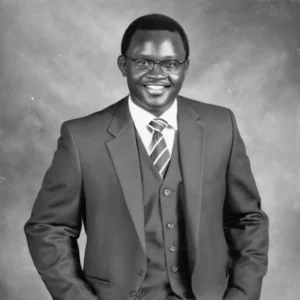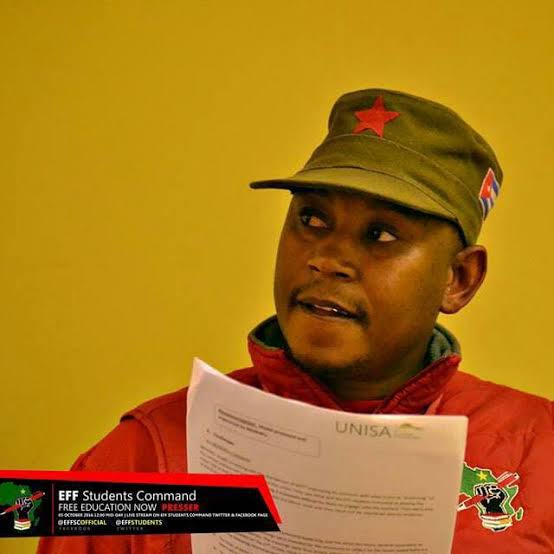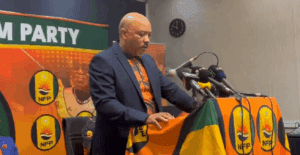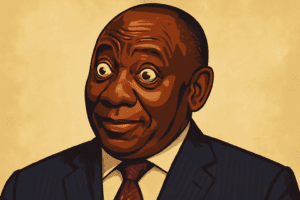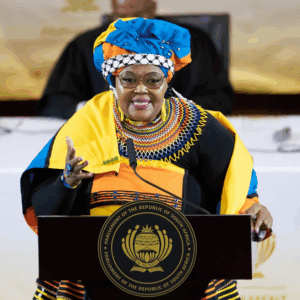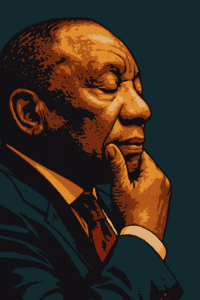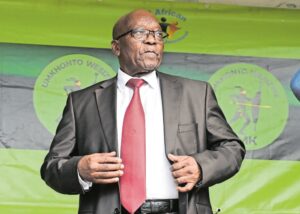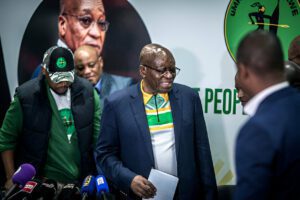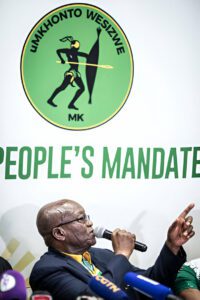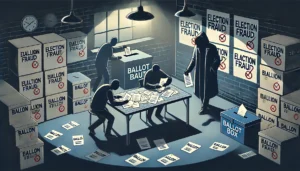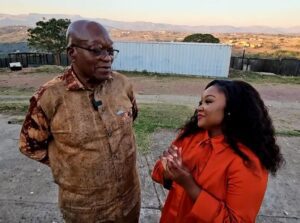Mpho Morolane, a founding president of the Economic Freedom Fighters Student Command (EFFSC), tendered his resignation on Wednesday morning, formally addressing his letter to EFF Secretary General Marshal Dlamini.
In a public statement shared via his social media platforms, Mpho Morolane explained that his decision was motivated by a desire to pursue a new direction in his political career.
His sudden resignation has ignited widespread speculation on social media. Many observers suspect that he may be preparing to follow in the footsteps of former EFF Deputy President Floyd Shivambu, who recently joined the uMkhonto weSizwe Party (MKP).
Morolane’s resignation follows closely on the heels of Shivambu and Mzwanele Manyi, both of whom left the EFF to align themselves with Jacob Zuma’s MKP.
“The pain that one endured in decisions taken by the upper structure in relation to one’s tenure as the Inaugural President of the Student Command has never warranted from one’s end disrespect to senior leadership,”
Morolane noted in his resignation letter.
This latest political shift has fueled debate among party members and the general public. The growing influence of the MKP and its ability to attract former EFF heavyweights has raised questions about the future direction of the EFF.
Morolane’s departure marks the end of a decade-long commitment to the Economic Freedom Fighters. Throughout his tenure, he played a crucial role as the leader of the student command, where he championed key initiatives and represented the party’s values on various platforms.
Earlier this year, in July, it was reported that Morolane began mobilising support within the party to back Mbuyiseni Ndlozi, the former spokesperson of the EFF, for the position of Secretary General—a role currently held by Dlamini. This internal move showed Morolane’s continued engagement in the political dynamics within the party up until his resignation.
Despite these efforts, his resignation letter alluded to internal challenges and conflicts that arose during his time as the head of the student wing. Nevertheless, Morolane’s tone remained respectful, acknowledging the role the party played in his personal and political growth.
In his farewell letter, Morolane expressed deep appreciation for the EFF’s role in his development as a leader. He credited the party with instilling values of economic freedom and promoting quality leadership capable of influencing government structures not only in South Africa but across the African continent.
“The EFF has never denied one to take space as shown by my service to the central command team, war council and the historic opportunity of being the inaugural president of the EFFSC,”
he shared in his letter.
He went on to highlight the party’s crucial role in advocating for the rights of vulnerable workers within higher education and training institutions, underscoring the EFF’s broader social impact.
While Morolane’s resignation from the EFF has sparked numerous discussions regarding his potential political affiliations, he clarified in his letter that his decision to leave should not be viewed as opposition to the party. Rather, he described it as a personal choice to embark on a new path that aligns with his commitment to advancing the dignity and rights of African people.
“The organisation has always felt like home however the time has come when a conscious decision has been taken by me to pursue a different path, this should not be construed as an act of public opposition but an upright move for the progressive fight to the restoration of the dignity of African people,”
Morolane wrote.
His parting words resonated with many who see his resignation as a calculated move in the shifting landscape of South African politics, particularly as more former EFF members make the transition to the MKP. Whether this decision will lead to further realignments within the broader political sphere remains to be seen.
For now, Morolane’s next steps remain unclear, but his contribution to the EFF, particularly through its student command, has left an indelible mark. His exit signals a notable shift in South Africa’s political dynamics, as former allies of the EFF seek to explore new avenues in their careers, potentially reshaping the country’s political discourse.
